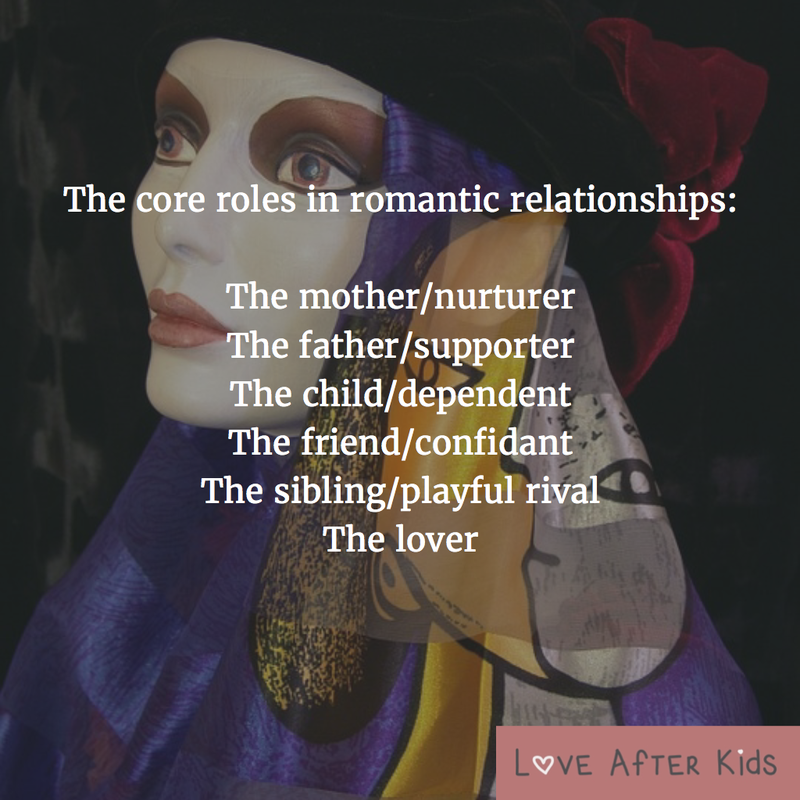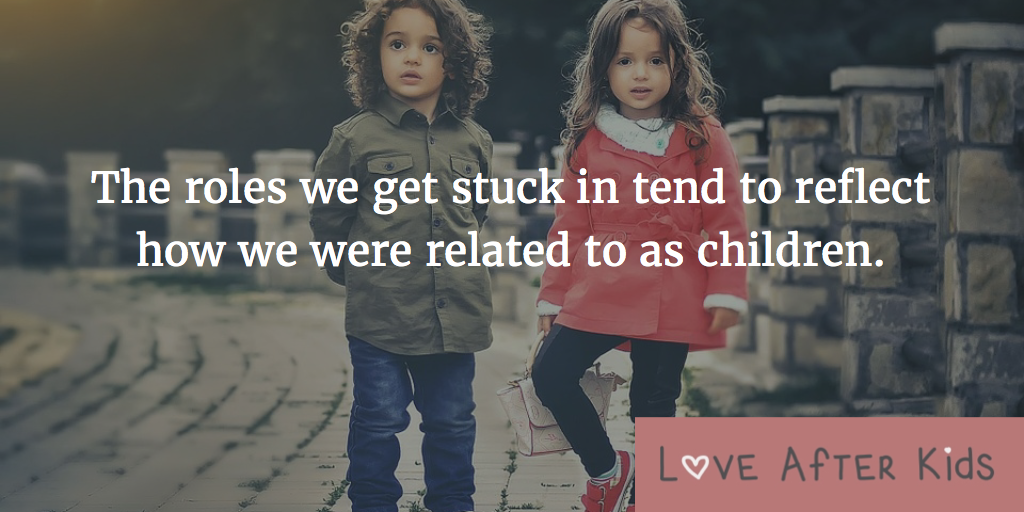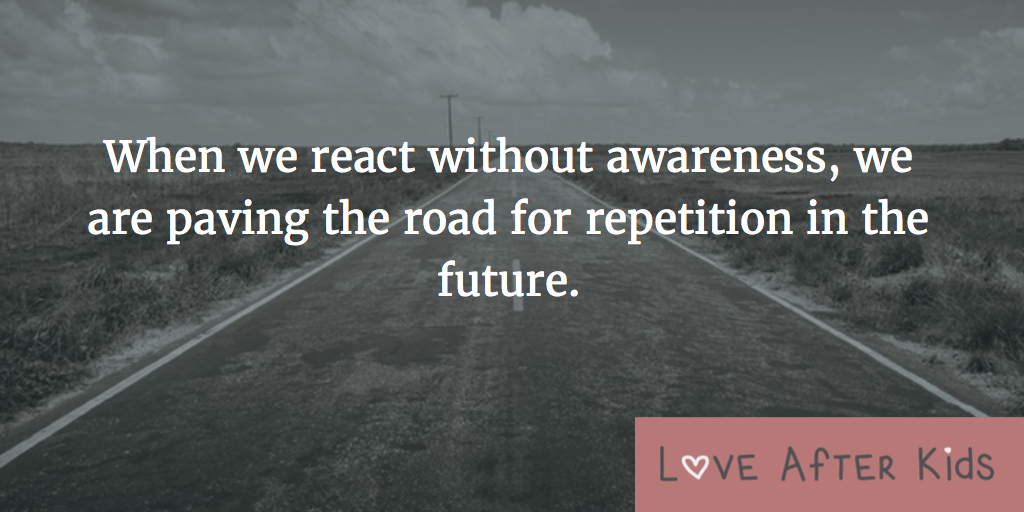This week I’ll focus on applying the same concept to our adult romantic relationships.
In romantic relationships, it’s natural and healthy to play different roles in the relationship at different times based on needs and circumstances. The ideal is to be able to shift between these roles and for both partners to be able to play all of the roles.
The following are the core roles in romantic relationships:
- The mother/nurturer
- The father/supporter
- The child/dependent
- The friend/confidant
- The sibling/playful rival
- The lover
As you can see, the lover is the only role that is unique to adult romantic relationships. The rest are based on our formative relationships and the core needs that they represent.
Also, please forgive the gross stereotype/generalization of the mother as nurturer and father as supporter. The roles are archetypes and by no means preclude their opposites from being true.
Again, in healthy adult romantic relationships, the ideal is that both members of the couple can play all of the roles at different times.
Problems can arise when couples get stuck in a specific dynamic and are unable to move into other dynamics when needed.
Dale is stuck in the child/dependent role and Tasha is stuck in the father/supporter role. This leaves Tasha resenting Dale for having to be the one to take care of everything and also feeling like her own needs cannot be met. It leaves Dale feeling insecure and resentful, wavering between guilt that he is not living up to her expectations and anger because her expectations are so high that nothing he does is ever good enough.
The dynamic feeds on itself. The more it persists, the more they are stuck and the harder it is to move into other roles when needed. Both of their roles have origins in childhood. Tasha grew up taking care of her siblings and of herself. She also had a very critical mother who always found fault in everything she did. Dale grew up with a depressed mother who encouraged him to stay home from school to keep her company. He was related to by her and his siblings as lazy and without promise.
Railing and succumbing are opposite sides of the same coin. When we react without awareness, understanding and an emotional connection, we are likely paving the road for repetition in the future.
Think about the bully on the playground. He’s going around and looking for the kids he can terrorize because it makes him feel powerful. At home, the bully’s dad is doing the same thing to him. Bullies operate from a place of deep insecurity. Their behavior is compensatory because the pain of the vulnerability and shame is overwhelming.
Think about your relationship with your partner, the way it is right now, and ask yourselves the following questions:
- Do we each have a default role that we gravitate toward based on our respective childhood relationships?
- Do you feel like you’re stuck in a role-lock with your partner right now? If so, what are the roles?
- What do you think you and your partner are missing out on by staying stuck in these roles?
Remember that awareness is half the battle. Now that you have the idea of roles and role-lock on your radars, you can start to pay more attention to it. You can make a conscious and cooperative effort to experiment with stepping outside those roles as well.
Please let me know if there are other roles that you feel are worth adding to the list. As always, I welcome any and all feedback. Sign up below to receive new posts in your inbox and join the Love After Kids Facebook page for articles about parenting and relationships.




 RSS Feed
RSS Feed